-
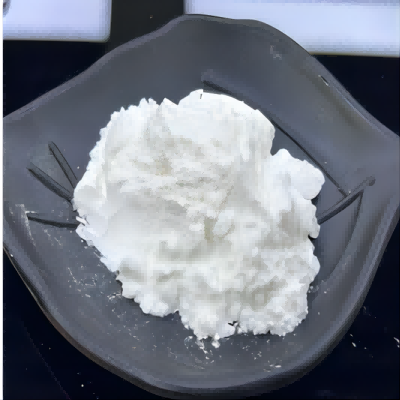
Vitamin B15 (Pangamic acid) CAS:11006-56-7 Manufacturer Supplier
Pangamic acid, also called pangamate, is the name given to the chemical compound described as d-glucono dimethyl amino acetic acid, initially promoted by Ernst T. Krebs, Sr. and his son Ernst T. Krebs, Jr. as a medicinal compound for use in treatment of a wide range of diseases. They also termed this chemical “Vitamin B15″, though it is not a true vitamin, has no nutritional value, has no known use in the treatment of any disease and has been called a “quack remedy.” Although a number of compounds labelled “pangamic acid” have been studied or sold, no chemical compound, including those claimed by the Krebses to be pangamic acid, has been scientifically verified to have the characteristics that defined the original description of the compound.
-
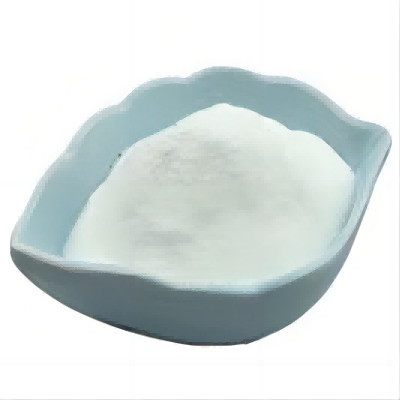
Vitamin B5 (D-Calcium Pantothenate) CAS:137-08-6 Manufacturer Supplier
D-Calcium pantothenate as components of coenzyme A regulates the metabolism of protein, saccharide, and fat, and prevents diseases, which is indispensable substance for growth and development of domesticated creatures and fishes, for fatty synthesis and decomposition. The lack of D-calcium pantothenate would result in the slow growth of poultry and the malfunction of reproduction mechanisms. Therefore, D-calcium pantothenate as a growth factor is used in feed additives. In addition, D-calcium pantothenate is also as food enrichment widely used in food industries, sun as breakfast cereals, beverages, dietetic, and baby foods.
-
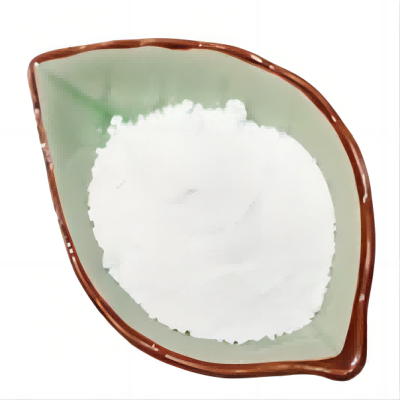
Vitamin C (Ascorbic Acid / Sodium Ascorbate) CAS:134-03-2 Manufacturer Supplier
Sodium ascorbate is sodium salt of ascorbic acid (commonly known as vitamin C), which is approved for use as a food additive in many countries. Sodium ascorbate is consisted of a combination of sodium and vitamin C, which commonly serve as an antioxidant and an acidity regulator in pharmaceutical manufacturing and in the food industry. In this mixture, sodium acts as a buffer, creating a less acidic supplement than those made entirely from vitamin C. It can be easier to tolerate if the digestive system is sensitive to acid. As a vitamin C supplement, it provides both sodium and vitamin C for human body, which is effective to prevent or treat vitamin C deficiency. Besides, studies have shown that taking sodium ascorbate is helpful with cancer prevention and treatment.
-
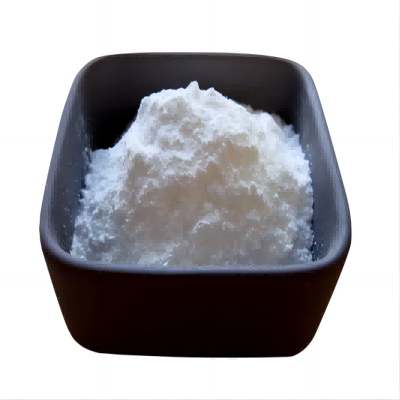
Calcium Citrate Malate CAS:142606-53-9 Manufacturer Supplier
Calcium Citrate Malate, is the calcium salt of citric acid and malic acid with variable composition. It is water soluble and when dissolved, it releases calcium ions and a calcium-citrate complex into intestinal cells.
-
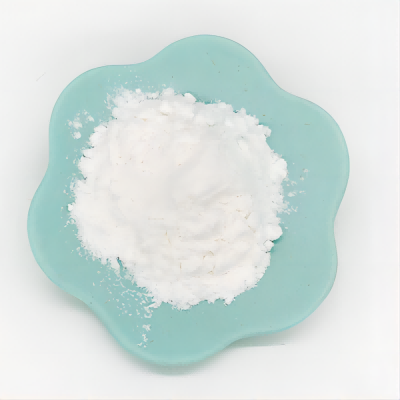
Vitamin E Succinate CAS:4345-03-3 Manufacturer Supplier
Tocopherol succinate is a potent antioxidant. Protects mice from gamma-radiation by induction of granulocyte-colony stimulating factor.Tocopherol succinate induces apoptosis in human gastric cancer cells and inhibits proliferation of mesothelioma cells by down-regulation of fibroblast growth factor receptor. Induces apoptosis in neuroblastoma cells.
-
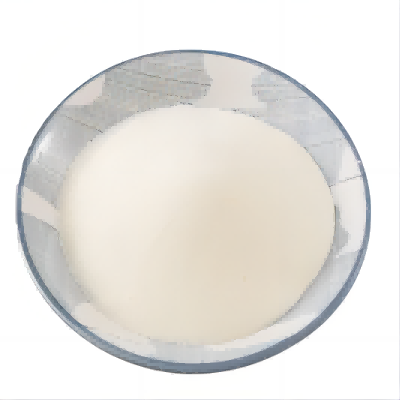
Vitamin C Coated CAS:50-81-7 Manufacturer Supplier
Ascorbic acid, a water-soluble dietary supplement, is consumed by humans more than any other supplement. The name ascorbic means antiscurvy and denotes the ability of ascorbic to combat this disease. Vitamin C is the l-enantiomer of ascorbic acid. Ascorbic acid deficiency in humans results in the body’s inability to synthesize collagen, which is the most abundant protein in vertebrates.
-
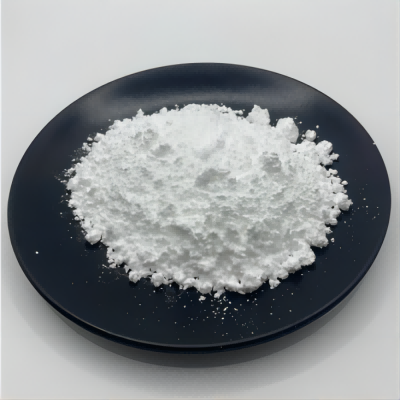
Vitamin E CAS:2074-53-5 Manufacturer Supplier
Vitamin E is a potent antioxidant that is capable of protecting polyunsaturated fatty acids from oxidative breakdown.This vitamin also functions to enhance vitamin A use.Although several other physiological actions have been suggested, to date no unifying concept exists to explain these actions. Vitamin E (α-tocopherol) is found in a variety of foodstuffs, the richest sources being plant oils, including wheat germ and rice, and the lipids of green leaves.
-
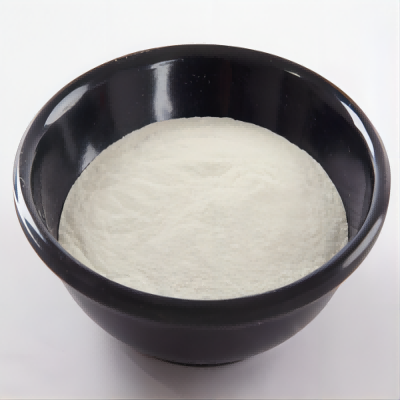
Whey Protein CAS:47-43-8 Manufacturer Supplier
Whey Protein known as the king of protein, extracted from the milk of a protein with high nutritional value, easy to digest absorption characteristics with a variety of active ingredients.It is recognized as one of the human body of high quality protein supplements.Whey Protein Powder contains the complete spectrum of amino acids your body needs for quick muscle recovery after a brisk workout. Plus, because you need extra amino acids as you age, whey protein power gives your body the extra boost of nutrition energy it needs.
-
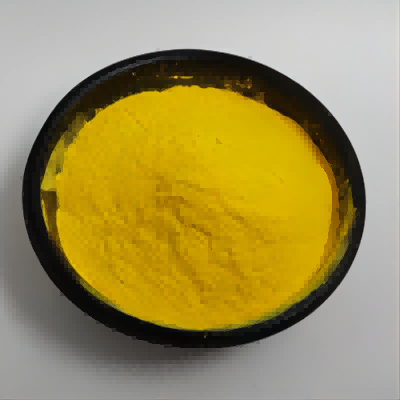
Vitamin K1 (Phytonadione) CAS:84-80-0 Manufacturer Supplier
Vitamin K1 is a fat-soluble, dietary nutrient that is essential for the synthesis of proteins important for blood-clotting, bone metabolism, and cell growth. It is found in the photosynthetic tissues of green, leafy plants, where it acts as an electron acceptor forming part of the electron transport chain of Photosystem I. Vitamin K1 also serves as a precursor to vitamin K2 and is reported to exhibit anticancer activity in various cell lines.
-

Vitamin B5 (D-Panthenol) CAS:81-13-0 Manufacturer Supplier
Dexpanthenol belongs to a derivative of pantothenic acid (vitamin B5). It can penetrate the skin and mucous membrane to be quickly oxidized to pantothenic acid. The later one is extremely hygroscopic and binds water effectively. Therefore, Dexpanthenol can be used as a moisturizer. It is added to pharmaceutical and cosmetic products to relieve itching and improve wound healing. In ointments, it can be used for the treatment of sunburns, mild burns, minor skin injuries and disorders. It is also immediately applied after major abdominal surgery to minimize the possibility of paralytic ileus. In addition, it can also be supplemented into the commercial shampoos and hair conditioners to lubricate the hair shaft and give the hair a shiny appearance. The exact mechanism of action of Dexpanthenol is still unclear, perhaps through its enhancing effect on acetylcholine.
-
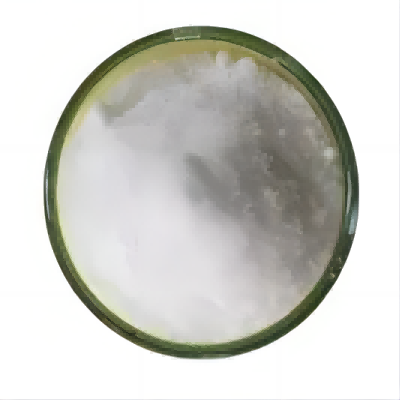
Zinc Picolinate CAS:17949-65-4 Manufacturer Supplier
Zinc picolinate is an organic zinc supplement wherein zinc atom is attached to a picolinic acid molecule. Studies have also suggested that zinc supplements may reduce the incidence of respiratory infections in children. A number of zinc supplements are available, including zinc acetate, zinc gluconate, zinc picolinate, and zinc sulfate. Zinc picolinate is a highly available form of zinc supplement, easily dissolved to release the elemental zinc for use in the body. Surprisingly, although Zinc picolinate is widely used as a supplement with greater bioavailability claims, there are very few scientific studies to back this claim.
-
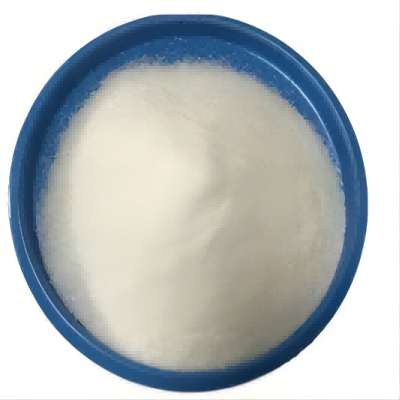
Vitamin C Palmitat CAS:137-66-6 Manufacturer Supplier
Ascorbyl palmitate is a lipophilic derivative of ascorbic acid with antioxidant and antiproliferative activities. It scavenges hydroxyl radicals in cell-free assays. Ascorbyl palmitate (0.01%) reduces the rate of autoxidation of soybean, safflower, sunflower, peanut, and corn oil. It inhibits increases in epidermal ornithine decarboxylase activity and DNA synthesis induced by phorbol 12-myristate 13-acetate (TPA; ) in mice in a concentration-dependent manner when applied topically.

